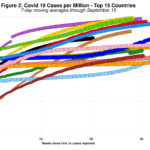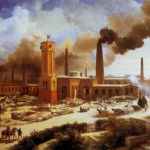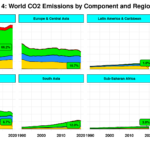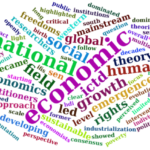Flying from Maputo to Johannesburg, which takes 45 minutes, is an efficient gateway to easily notice the huge gap between the two countries. The same goes for most of the sub-Saharan African nations. It is almost like flying from Mozambique to a Latin American country at the speed of sound.
The first time I visited Cape Town a couple of years ago I immediately though of Rio de Janeiro. I shared this with my fellow travelers back then but unfortunately none of them had ever been to beautiful and dangerous Rio. After seeing the �twin cities� in South Africa, I concluded that this country is in fact a lot like Brazil, with a very different historical background, but facing many of the same challenges. Pretoria is in fact Brasilia and Joburg, yes, of course, a nearby Sao Paolo.
South Africa, another one of those countries with a generic name, is probably destined to lead African development provided that the current leadership delivers on its promises and addresses poverty, and opens its arms not only to other African nations but also to other developing countries outside this region
Disappointment with the current government is more or less generalized. Yet it seems clear that the ruling party will win the elections next year. The question is rather the margin of victory. Last time around, 75% of the voters endorsed the party. This time it might be far less. At any rate, I certainly would not dare compare Mbeki and Lula, at least not yet.
The cabbie that took me to the airport decided to avoid the main highway and instead took me through the local routes which proved to be much more interesting. He said that although the situation is much better than say 10 years ago, employment is not, not at all. On the contrary. As a good empirical sociologist, he convinced me that the pervasive insecurity in the city is a product of this very simple fact. He went on to suggest that the current leadership should do what Mandela did after his first term: step down graciously and let the younger generation rule the country.
But who are they? A few here say that the new and emerging generations are almost totally disconnected from the recent historical past and thus are less sensitive to some of the key social and development issues. Maybe this is one of the reasons why the current leadership will not leave graciously.
Ra�l





